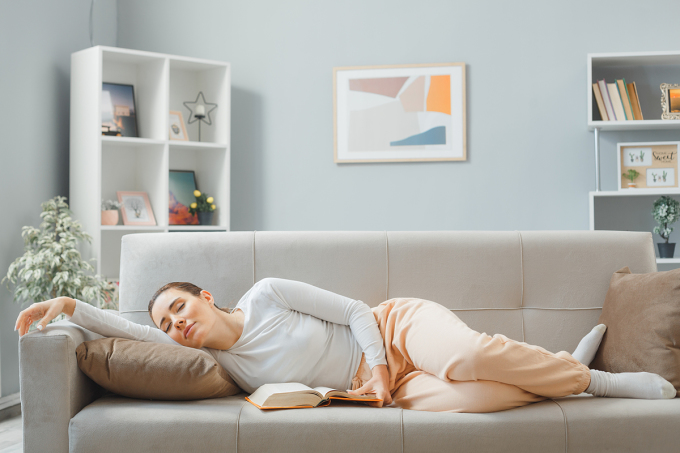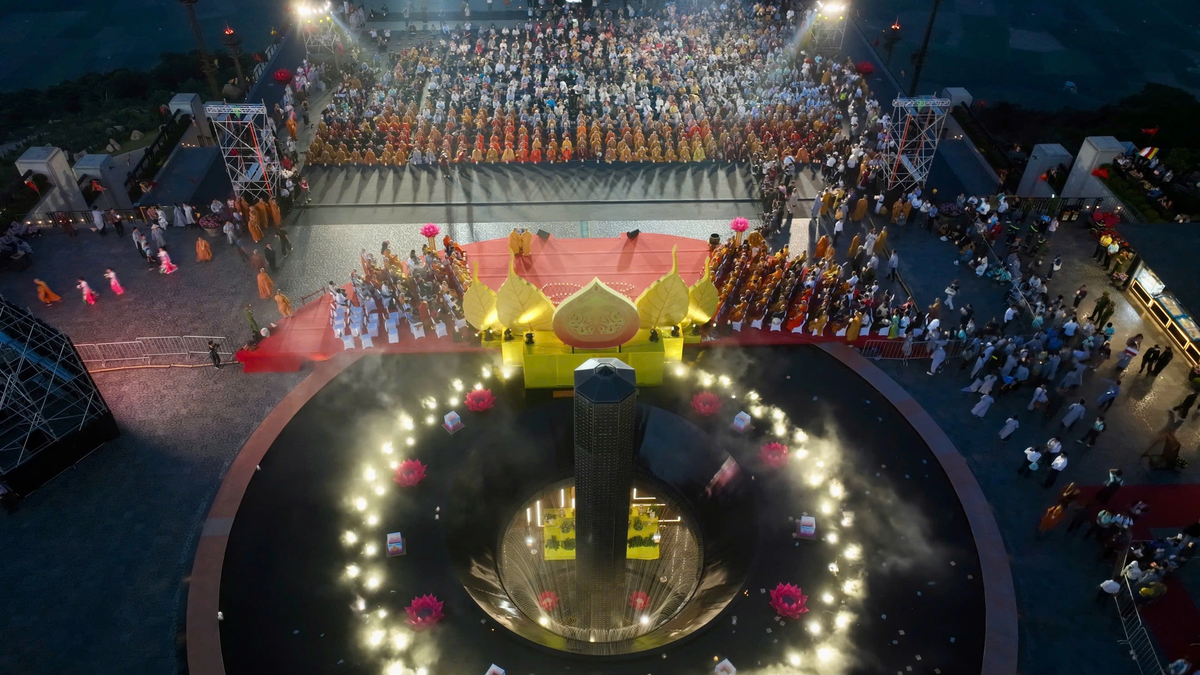A 10-30 minute nap at noon will improve blood pressure and memory, but the risk of obesity, high blood pressure and diabetes increases if you sleep for more than this amount of time.
Scientists are still debating whether napping is a healthy way to jump-start the brain's system at its lowest energy point of the day, or a threat to disrupting circadian rhythms.
A new study in Spain, conducted by Harvard Business School, shows that people who nap for more than 30 minutes may increase their risk of obesity, high blood pressure and diabetes. This is because this group tends to overeat at lunch and not get a full eight hours of sleep at night. In contrast, people who nap for less than 30 minutes have improved blood pressure and memory.
Why do we nod off at noon?
Some people need to take a nap in the middle of the day due to medical reasons, but many find it enjoyable to take a 10-minute nap in the middle of the day.
"We all have very different biological mechanisms. Some people's bodies prefer to nap in the afternoon, even if they are perfectly healthy and not sleep-deprived. If a nap doesn't affect your work schedule, don't put it off," says Sophie Bostock, founder of Sleep Scientist, a UK-based sleep consultancy.
Due to the way our circadian rhythms work, our energy levels naturally dip between 1pm and 3pm. That’s when we’re most likely to fall asleep. You’re also more likely to feel sleepy in the afternoon if you’re sick or sleep-deprived, or if you’ve simply overeaten at lunch.
Benefits of napping
When done right, a good nap can play an important role in improving your quality of life. "Napping helps consolidate memories, promotes the conversion of short-term memories into long-term memories, and can improve your mood for the rest of the day," says Michael Breus, founder of Sleep Doctor.
Over the years, Breus has also found that napping can boost learning performance in the late afternoon. Students who take a quick nap after lunch perform better the rest of the day.

For healthy adults, the best nap should only last 10-30 minutes. Photo: Freepik
Long naps can be harmful to your health
Bostock says long naps disrupt our circadian rhythms by keeping us from getting the most restorative sleep at night. Naps are better suited for people who sleep well at night.
“Taking too much nap time can reduce your need for sleep at night, which can be a problem for people who have trouble sleeping regularly,” says Breus.
How long should a nap last?
For healthy adults, the best naps last 10 to 30 minutes. If you nap longer, you'll move from stages one and two of sleep (which promote energy and focus) to stage three, which is great for restoring energy at night but not for daytime alertness.
“But if you have young children or are working shifts, taking advantage of daytime naps is a good strategy,” says Bostock.
Most of us wake up from a deep sleep in the afternoon feeling groggy. “The groggy feeling comes from sleep inertia. It’s a deep sleep cycle that starts 25 minutes after you fall asleep, and it takes up to an hour to be fully awake if you’re woken up during that cycle,” says Bostock, who recommends setting an alarm to avoid falling into a deep sleep cycle.
Hong Van (According to Telegraph )
Source link


![[Photo] General Secretary To Lam holds a brief meeting with Russian President Vladimir Putin](https://vphoto.vietnam.vn/thumb/1200x675/vietnam/resource/IMAGE/2025/5/10/bfaa3ffbc920467893367c80b68984c6)
![[Photo] Prime Minister Pham Minh Chinh chairs Government Standing Committee meeting on Gia Binh airport project](https://vphoto.vietnam.vn/thumb/1200x675/vietnam/resource/IMAGE/2025/5/10/6d3bef55258d417b9bca53fbefd4aeee)





























![[Photo] Prime Minister Pham Minh Chinh chairs a meeting of the Steering Committee for key projects in the transport sector.](https://vphoto.vietnam.vn/thumb/1200x675/vietnam/resource/IMAGE/2025/5/10/0f4a774f29ce4699b015316413a1d09e)
































































Comment (0)